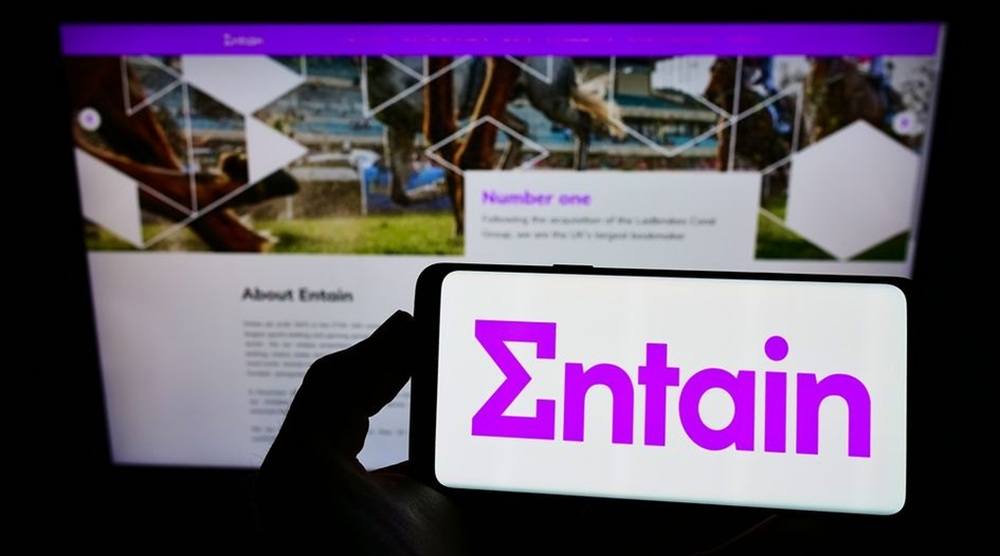Government faces heat from all sides over gambling advertising reforms; TV broadcasters seek covering bets on circa $160m revenue leakage; SVOD, SEO carve outs mooted | Mi3

- by Admin
- August 13, 2024

Rules, breaches
The regulation of gambling advertising is overseen by federal media watchdog, ACMA.
The current restrictions ban the appearance of gambling advertising during playing, and the promotion of betting odds from commentators or on-ground gambling service representatives from 30 minutes before until 30 minutes post-game. Gambling advertising is allowed during breaks in play such as half time.
There are also rules stating any person who represents a gambling organisation must be clearly identified and must not be part of the commentary team nor appear to be at or around the venue. Across the board, it is illegal to promote gambling content that is socially irresponsible, i.e. targets minors, exaggerates the chances of success, or makes a connection between betting or gambling and alcohol.
Since 2018, the restrictions have been expanded in the interest of protecting children who might be listening or watching. For sports broadcasts between the hours of 5am and 8:30pm, all gambling advertising and promotion of odds is banned from 5 minutes before the scheduled start of play until 5 minutes after play has concluded, inclusive. The regulations also brought streaming services (like Netflix) in line with linear broadcast regulations for the first time.
But there are exceptions. Broadcasts of horse, harness or greyhound racing are not subject to the additional rules in the 5am to 8:30pm window, nor are advertisements or promotions for lotto or Keno.
In the years since the last reforms were introduced, ACMA has investigated breaches committed by Seven, Nine and Foxtel’s Kayo, amongst others.
Notably, Seven came under fire for multiple breaches during its 2021 broadcast of the Tokyo Olympics, and two months later, Nine was caught out for a gambling advertisement aired at 8:21pm during the half-time break of the NRL grand final. Both broadcasters got off with court-enforced undertakings, requiring them to update their systems and practices and report back to ACMA. Two years later, Seven was issued with an infringement notice and a fine of $13,320 for a breach during a 10:38am live stream of an NFL game on 7Plus.
Foxtel’s sports streaming service Kayo has also fallen foul of the rules, once during AFL coverage in 2022, and more recently, for a series of breaches owing to a system error that occurred over six weeks in early 2023. According to ACMA, the breach involved 16 ads across 267 live sports events, with the streamer required to take remedial action or else face penalties of up to $626,000 per day.
Aside from ACMA, the gambling industry is also held accountable by industry-specific standards under the Australian Association of National Advertisers (AANA) Wagering Advertising and Marketing Communication Code. Overseen by Ad Standards, the Wagering Code was introduced in 2016 in response to community concern around the volume of gambling advertising. It sought to provide guidelines for advertisers in the absence of a unified national framework at the time.
The Wagering Code is primarily concerned with the content of the ads – i.e. who is portrayed and how. For example, it outlines that gambling ads must not be directed primarily to minors, portray or condone wagering in combination with alcohol consumption, or imply a promise of winning.
Since 2018, there have been 23 upheld complaints against gambling ads, the majority belonging to Sportsbet, though Entain, Unibet, LotteryWest and Amused Australia were also among the offenders. Most of the breaches occurred on free-to-air or pay TV, and all but one were modified or discontinued following Ad Standard’s determination.
While the AANA operates independently of the Federal regulations under ACMA, and the Wagering Code is a voluntary framework, it is an important part of the full regulatory picture. As such, the AANA’s chief Josh Faulks has acknowledged “the concern within the community around gambling advertising and that some changes need to be made”.
The Latest News
-
December 23, 2024Wimbledon champion accepts ban for anti-doping breach just months after winning US Open
-
December 23, 2024Australian tennis star Purcell takes voluntary suspension over anti-doping breach
-
December 23, 2024Max Purcell to miss Australian Open after accepting ban for anti-doping breach
-
December 23, 2024Australian tennis star Purcell provisionally suspended for doping
-
December 23, 2024Star batter misses optional Aussie session; MCG curator rejects anti-India ‘conspiracy’ — Test Daily





